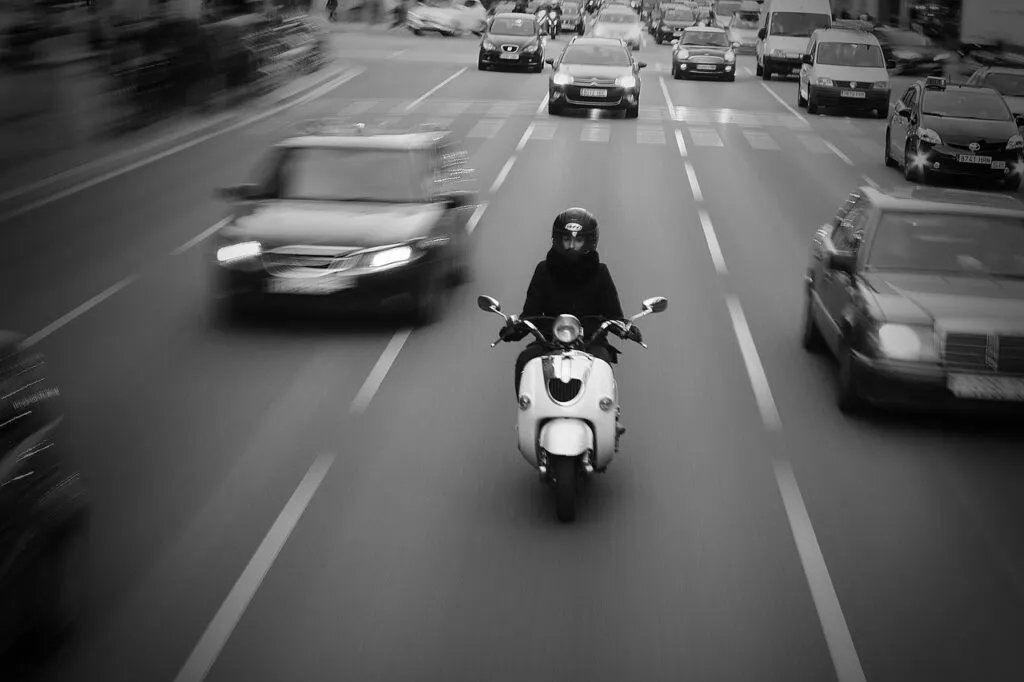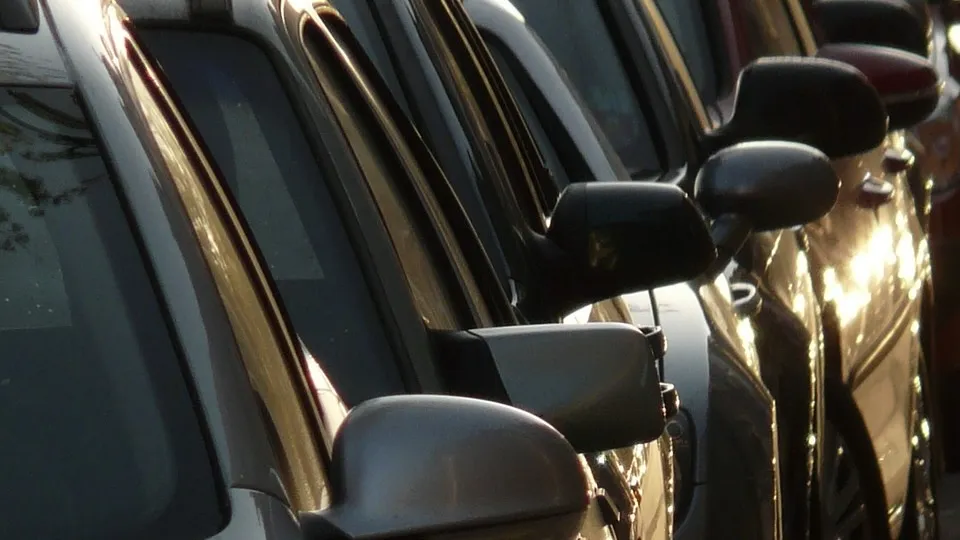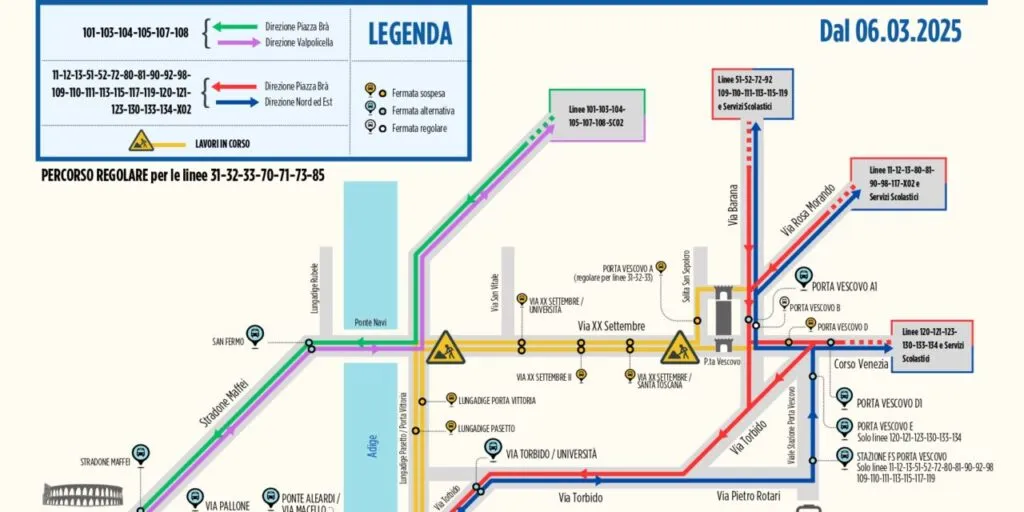The new Highway Code lays down the law for cell phone users and zero tolerance for drunk drivers. Before becoming effective, the new rules, which were agreed upon on September 18, must be discussed, modified, and approved in parliament. Here are all the details you need to know.
Main topics:

The use of drugs and alcohol while driving
There will be no tolerance for people who are found to be drunk or under the influence of drugs; in the case of a positive test for the latter, their licence will be suspended and revoked with a three-year ban regardless of the altered status.
Regarding alcohol, those who have previously been convicted and are discovered to have a blood alcohol level between 0.5 and 1.5 will need to undergo a new medical examination in order to renew their licences. They will also be prohibited from using a vehicle for at least two or three years (depending on the offence committed) if their blood alcohol level is above 0.0. Another introduction, again for repeat offenders, is the requirement to install an alcolock (a device that prevents the car from starting if a blood alcohol level above zero is detected) at one’s own expense on their vehicle.
Cell phone use
Additionally, the campaign against the use of phones while driving has become more intense. The proposed law calls for licence suspensions for periods of up to two months and fines of up to 1,987 euros. Recidivism results in a suspension of up to three months, an additional 8 to 10 points being deducted from the licence, and a fine of up to 2,588 euros.
Young people, unsafe driving, and driving without a license
Other dangerous infractions, such as driving on the wrong side of the road, speeding, and failing to employ child safety seats, will also result in licence suspension.
A total licence prohibition up until the age of 24 is recommended for youngsters caught driving while impaired by drugs or alcohol. The one- to three-year supercar driving prohibition increases for newly licenced drivers. On the other hand, students who take extracurricular road safety courses will have their licences granted with a two-point bonus.
Speeding
Another powerful blow is the one about speeding. According to the mayor’s proposal, people who violate the limitations twice a year in the city face enhanced fines of up to 1,084 euros and licence suspensions of 15 to 30 days.
New regulations also apply to ZTL areas, putting an end to detrimental and ambiguous excessive limitations. In the same way, the removal of equipment erected purely for economic purposes will come after adjustments for speed cameras. To safeguard public safety and prevent citizens from receiving absurd fines, new speed cameras must be certified.
Electric scooters
For electric scooters, new regulations are on the way (see our article for the current regulations). It begins with the requirement for licence plates, insurance, and the wearing of helmets and extends all the way to the blocking of the vehicle in the event that it is moving through a suburb or another dangerous area. Additionally, there is now a complete ban on parking wild or on sidewalks, as well as driving against the flow of traffic. Missing turn signals, brakes, falsified owner information, and illegal engine enhancements will all result in penalties.
The Highway Code raises sanctions and focus on security
Recently, there has been discussion about utilizing remote assessments to punish people who fail to yield to pedestrians and bicycles or park in police, fire, emergency services, electric cars, loading, and unloading spots. The maximum fine for parking in a disabled parking place rises to 990 euros, while the maximum fine for parking in a bus lane or stop is 660 euros.
The plan “save cyclists” simplifies bureaucracy for those who prefer two wheels, including pedal assistance.
In addition, safety cars—vehicles that slow down traffic to stop further accidents on the highway—will be proposed. For level crossings, extra controls and signage, including cameras, will also be placed.















